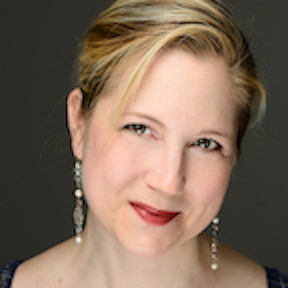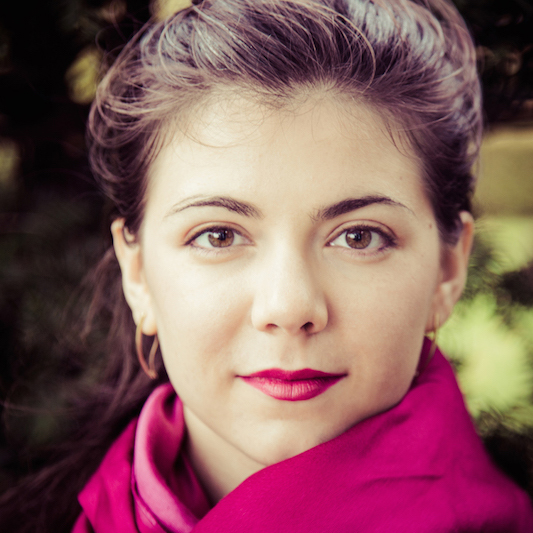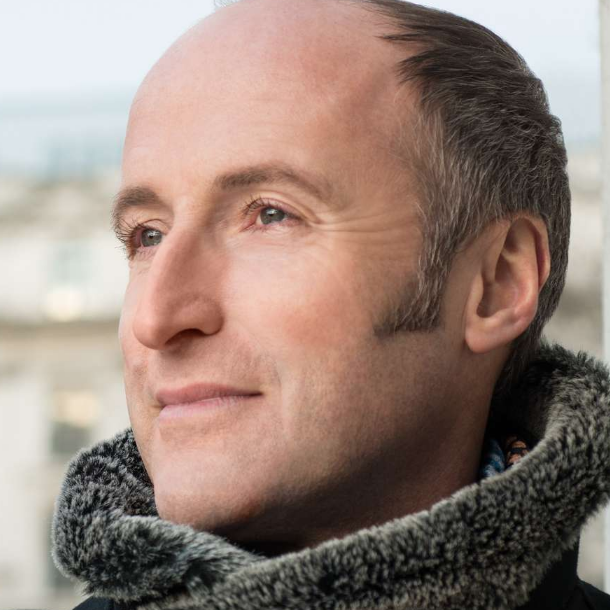Performing for Singers
Throughout their time in the undergraduate double degree program, singers are provided with ample opportunities to perform in operatic, art song, choral, and chamber music settings. All Conservatory students are required to present at least three recitals, two on-campus and one off-campus, and many courses culminate in a final public performance. In addition, students have opportunities to perform with the Bard College Baroque Ensemble, the Bard College Orchestra, the Bard Conservatory Orchestra, and with the Chamber Singers and Symphonic Chorus. Students hone their stagecraft in the yearly, fully-staged Opera Workshop in Bard's Fisher Center and in the Graduate Vocal Arts Program operas, performing in the chorus and supporting roles.
Bachelor of Music Degree Requirements for Vocal Performance Majors
Like all undergraduate instrumentalists and composers, all undergraduate singers are working toward both a bachelor of music in vocal performance and a bachelor of arts in a field other than music. Conservatory students live, eat, and attend most classes with non-Conservatory students, and are fully part of the academic and social life of the College. Each Conservatory student has two academic advisers, one from the Conservatory and one from a field that the student is considering as a major for the BA degree.
Vocal Performance Elective Courses
All vocal electives are offered yearly. Participation for credit is required by all vocal performance students for at least four semesters. More than four semesters of participation is strongly encouraged and can be coordinated with the student's academic advisors.



